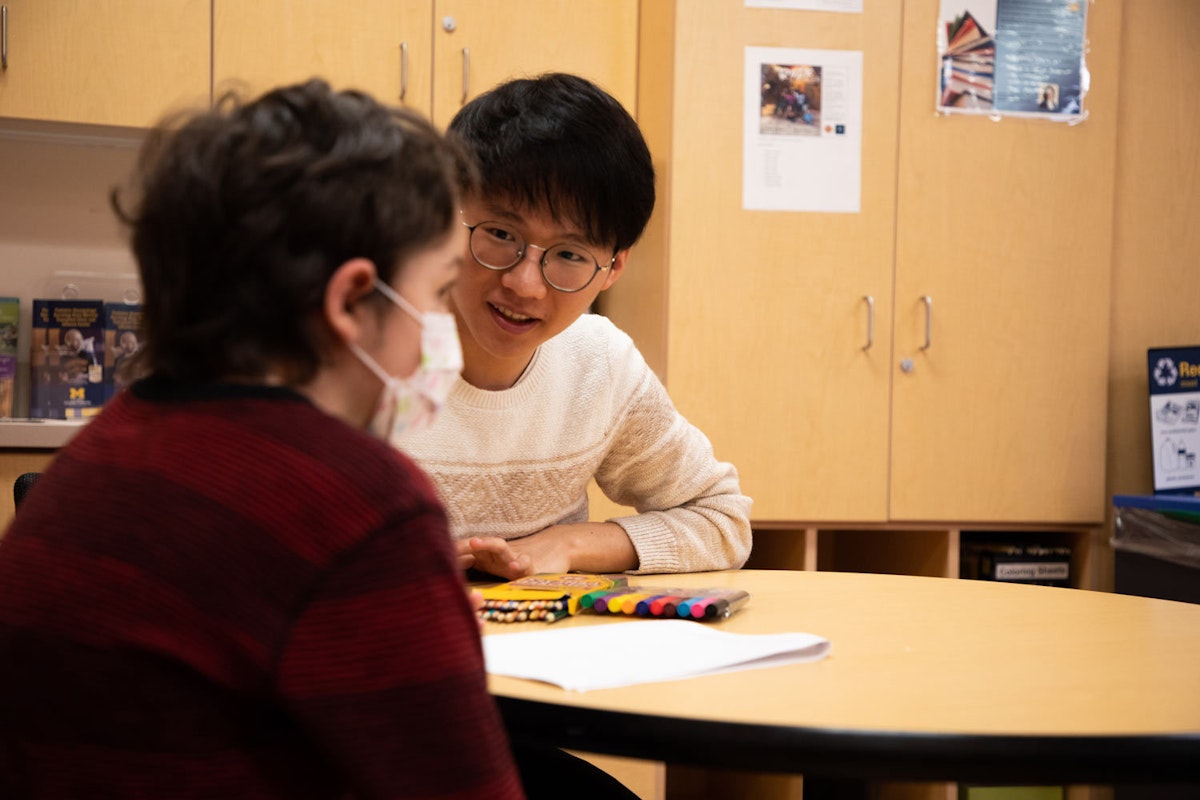Faculty Spotlight: Sun Young Park
Sun Young Park, assistant professor at the Stamps School for Art & Design and the School of Information at the University of Michigan, is motivated by this driving question: “How can human-computer interaction (HCI) improve our quality of life?”
An interaction designer and design researcher, Park’s research helps children with chronic health conditions better understand their physical health and their social/emotional wellbeing. With the ability to express their experiences openly, honestly, and clearly to their families and healthcare providers, Park believes that children can become informed collaborators in their care plans.
Park received her first National Science Foundation (NSF) grantin 2017 to investigate and develop best practices for pediatric patients to be active partners in the management of their chronic conditions at C.S. Mott Children's Hospital.
Professor Park’s 24-month investigation began in September 2017 and applied design research methodology — including clinic observation and interviews — to create a rich, descriptive account of the barriers and practices around honest information sharing with children managing chronic conditions.

“My research team identified communication gaps between pediatric patients and their parental caregivers, beyond the gap in their knowledge about the illness,” said Park.
According to Park, there is a gulf between what caregivers view as “child appropriate conversation” and what the pediatric patients themselves felt ready to discuss. Another gap included the ways that caregivers and pediatric patients adapt to the illness: caregivers are focused on “next steps” and treatments, while patients looked to their personal histories for ways to understand their illness. The research team also learned more about the emotional needs of pediatric patients and their caregivers.

“We found that there was really no good way for caregivers and patients to share their emotions explicitly, particularly for younger pediatric patients who often internalized their emotions,” said Park.
In April 2020, Park received the prestigious NSF CAREER Grant Award for the next stage of this research, a project entitled, “Advancing Pediatric Patient-Provider Communication through Collaborative Tracking and Data Sharing.”
“Building upon the knowledge gained from my ongoing work, this new research project will focus on designing and developing a mobile health tool that allows patients and parental caregivers to collaboratively collect, engage with, and consequently, act upon health-related data,” Park said.
The research will work to directly involve children in their own healthcare, with their parents and medical providers as collaborating stakeholders. Park will extend the study population to include broader chronic conditions, such as Type 1 Diabetes.

“I hope the benefits enjoyed by the patients in our study will help address the major public healthcare goal of engaging pediatric patients and providing patient-centered care,” Park said.